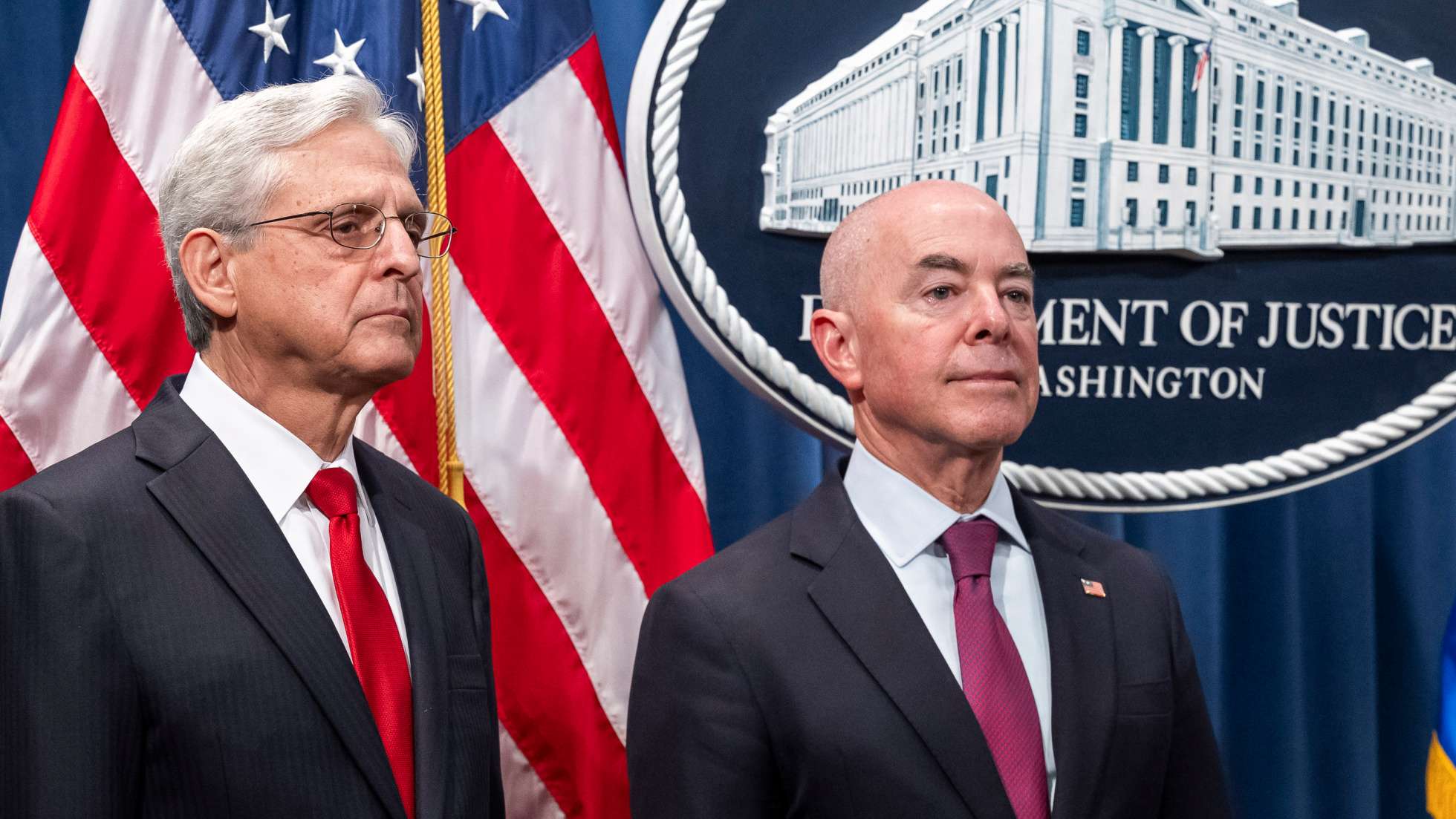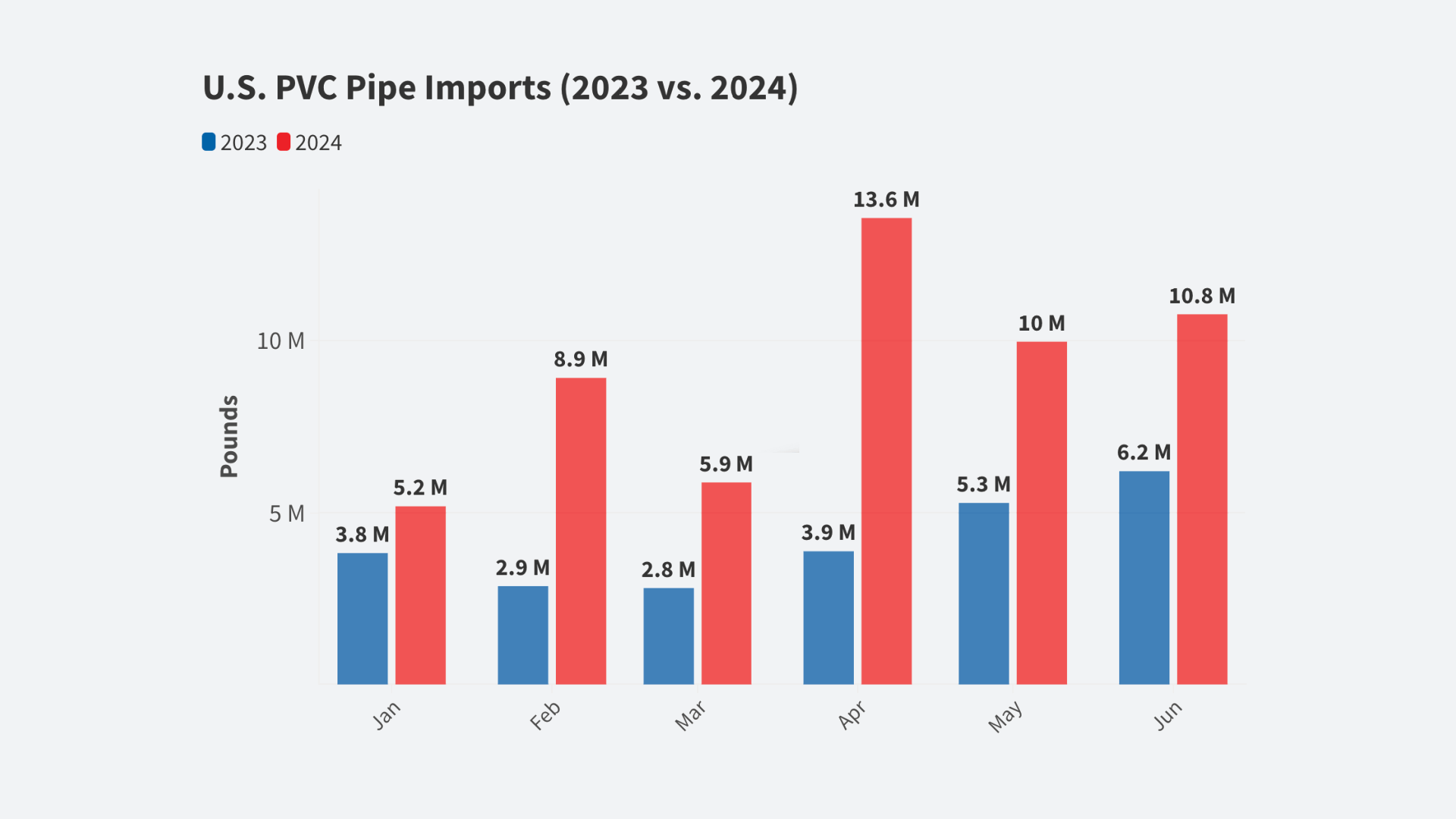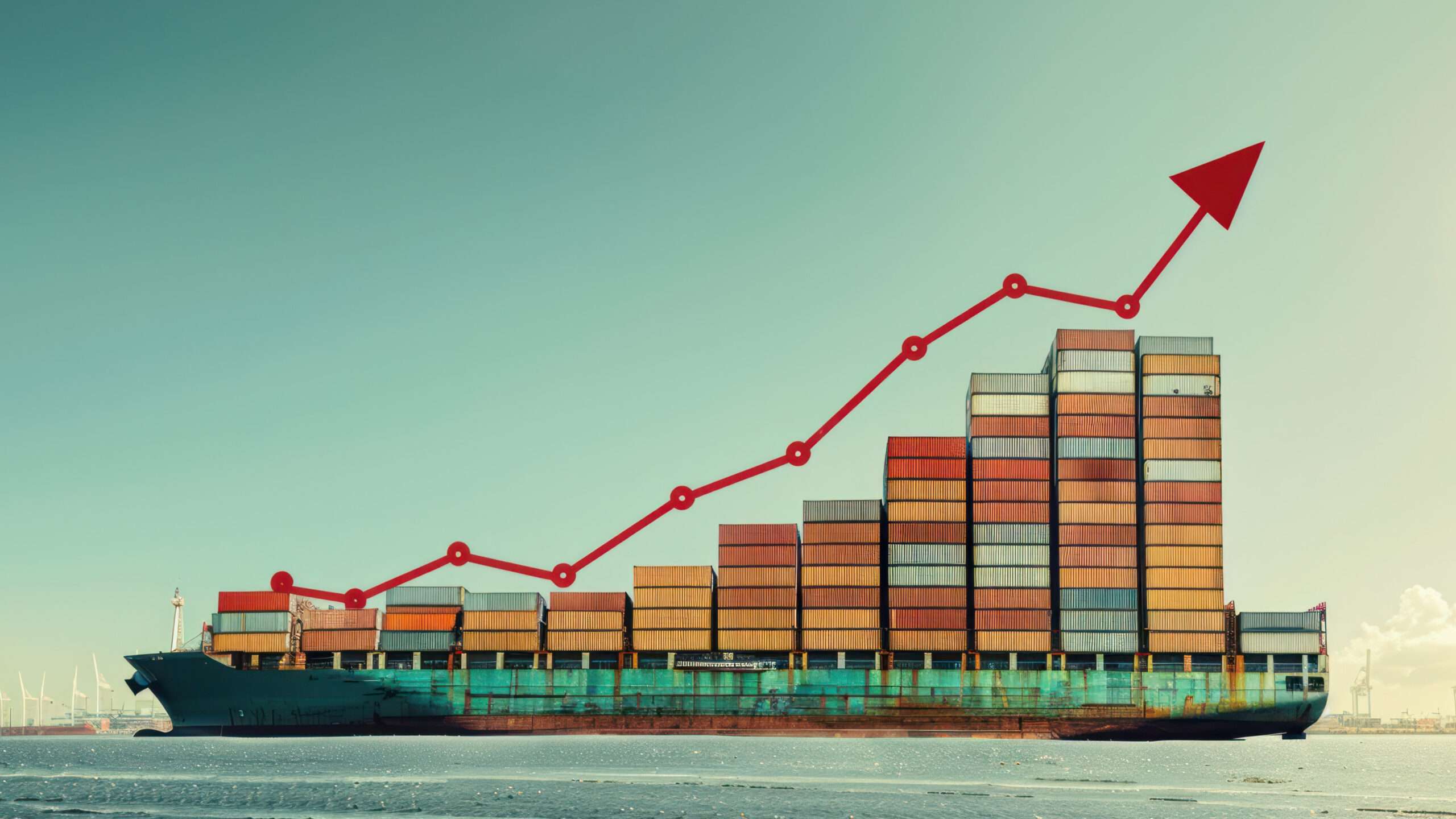By Jeff Ferry, CPA Research Director
The Trump Administration is getting tough with foreign nations that don’t play by the rules of free and fair trade. That’s the message we’re getting from Administration sources.
And it contradicts recent press reports claiming the Trump team is backing away from campaign promises to get tough on America’s huge trade deficit. On the contrary, the key focus of the Administration right now is much tougher enforcement of existing agreements, according to our sources.
Two weeks ago, the text of an Administration letter on renegotiating NAFTA was leaked, and some commentators remarked that the text looked very similar to parts of earlier trade agreements authored by previous administrations. Even the dreaded investor-state tribunals (a shocking concession to big corporations) allegedly appeared in that letter. However, we understand that this letter was a procedural move to notify Congress of the Administration’s intention to re-negotiate NAFTA. The details in the letter were not important and will be changed later on—the only purpose of the letter was to get the clock started on the 90-day notice the Administration must give Congress before it can begin to re-negotiate the treaty in earnest.
As it turned out though, the NAFTA re-negotiation has been held up by the refusal of Democrats in the Senate to grant Robert Lighthizer the waiver needed for his approval as U.S. Trade Representative. It’s now envisaged that the crucial waiver will get congressional approval at the end of this month, starting the 90-day clock and enabling NAFTA re-negotiation to begin in the August timeframe.
Meanwhile, even before the USTR has taken office, the Administration has pursued what our sources characterize as an “aggressive” approach to trade, unlike anything seen from previous administrations:
- three days after inauguration, President Trump withdrew from the Trans-Pacific Pact trade agreement;
- the president has been very vocal about the need for a new approach to NAFTA that includes “free and fair trade,” a different concept from the “free trade” approach of past administrations that allowed both Canada and Mexico to manipulate the rules, increasing their trade surpluses with the U.S. Earlier this week, the president told Americans to expect “pleasant surprises” from the NAFTA re-negotiation;
- the Administration is determined to evaluate China’s status as a trading partner as a self-initiated process, that is an investigation initiated and managed by Commerce instead of by private corporations, as is normally the case in anti-dumping actions. That’s what the 100-day investigation launched by the Administration after Trump sat down with President Xi at Mar-a-Lago is about;
- finally, the Commerce Department announced earlier this week a finding that Korea has dumped $1.1 billion worth of a type of steel known as oil country tubular goods (OCTG) in the thirteen months to August 2015. Commerce said it is levying duties up to 24.92% on Korea’s OCTG shipments to the U.S. The Administration will “employ all of the tools provided under the law to take swift action against harmful trade practices from foreign nations attempting to take advantage of our markets, workers, and businesses,” Commerce Secretary Wilbur Ross said in the announcement on the OCTG penalties.
According to our sources, the tough line that Wilbur Ross is starting to implement will be expanded once Lighthizer joins the Administration as USTR.
Concerns about the Administration’s commitment to a tough policy on trade have arisen in recent weeks due to press reports that the nationalist group within the White House, led by Steve Bannon, has been outflanked by the globalists, led by National Economic Council Director Gary Cohn. The globalists want to continue with Obama-era trade policies, which effectively try to distract voters into looking for minor gains in export markets while foreign imports continue to wreak havoc with American industry and jobs. Some White House officials have reportedly nicknamed Cohn, a veteran of Goldman, Sachs, “Globalist Gary,” even using an emoji of the globe as a symbol for him. Goldman, Sachs has been a strong proponent of globalism for years. It made hundreds of millions of dollars out of nations like Greece that got into financial difficulties from bad international trade and financial policy and then turned in desperation to Wall Street for a bail-out.
Nevertheless, our sources tell us that White House officials, including the president himself, are well aware of the importance of better trade deals to restore jobs to U.S. workers and health to U.S. manufacturing industry.
Like millions of Americans workers and business executives, we’re watching developments on both ends of Pennsylvania Avenue closely.













